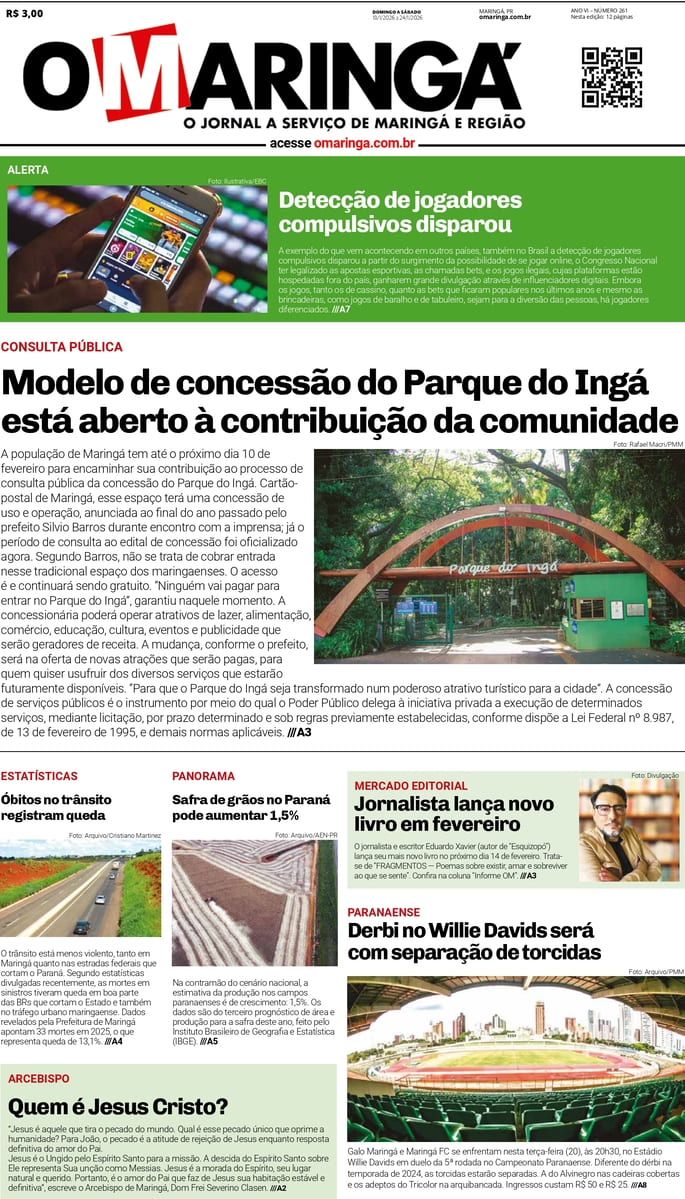Brazil’s Vice President and Minister of Development, Industry, and Trade, Geraldo Alckmin, held two meetings on Tuesday (Jul. 15) with business leaders from the industrial and agricultural sectors. Joined by other ministers, Alckmin gathered assessments on the outlook for both sectors following the US decision to raise import tariffs on Brazilian products to 50 percent.
Business leaders expressed confidence in the Brazilian government’s negotiations and argued against adopting retaliatory measures. They noted that both industrial and agricultural production are already experiencing losses.
During the meeting, some associations supported Brazil’s request to postpone the start of the new tariffs, scheduled to take effect on August 1 by order of US President Donald Trump.
Alckmin emphasized that the government’s goal is to make as much progress as possible within this timeframe and reach an agreement before the surcharge takes effect.
“We heard from all the sectors with the largest trade flows with the United States—aviation, steel, aluminum, machinery, textiles, footwear, paper, and pulp. What we saw was alignment around the negotiation. I conveyed President Lula’s message of commitment to resolving this situation,” said the vice president.
“From January to June this year, exports from Brazil to the United States increased by 4.37 percent, while US exports to Brazil rose by 11.48 percent. With US exports to Brazil now at a record high—almost three times greater than our exports—we will stand united to reverse this decision,” added Alckmin.
Also, according to the vice president, the productive sector has committed to engaging in dialogue with its partners in the United States—buyers, suppliers, and similar companies—to negotiate the bilateral damage caused by the tariffs.
“It’s an important relationship that also affects the United States, potentially making products and the American economy more expensive. It’s also an opportunity to create space for new trade agreements,” he noted.
New markets
Brazil’s Minister of Agriculture and Livestock, Carlos Fávaro, also participated in the meeting with agricultural sector leaders. He recalled that since the first day of President Lula’s administration, one of his missions has been to expand markets for Brazilian agriculture.
“This was done intensively. We opened up 393 new markets,” said Fávaro, who stressed the importance of making every effort to maintain sales to the United States. Until the tariffs were announced, the livestock sector expected meat exports to double this year. “Dialogue remains open on the Brazilian side, but with respect for sovereignty and great pride,” he emphasized.
Crédito arquivo Nacional EBC
Leia Mais em: O Maringá




